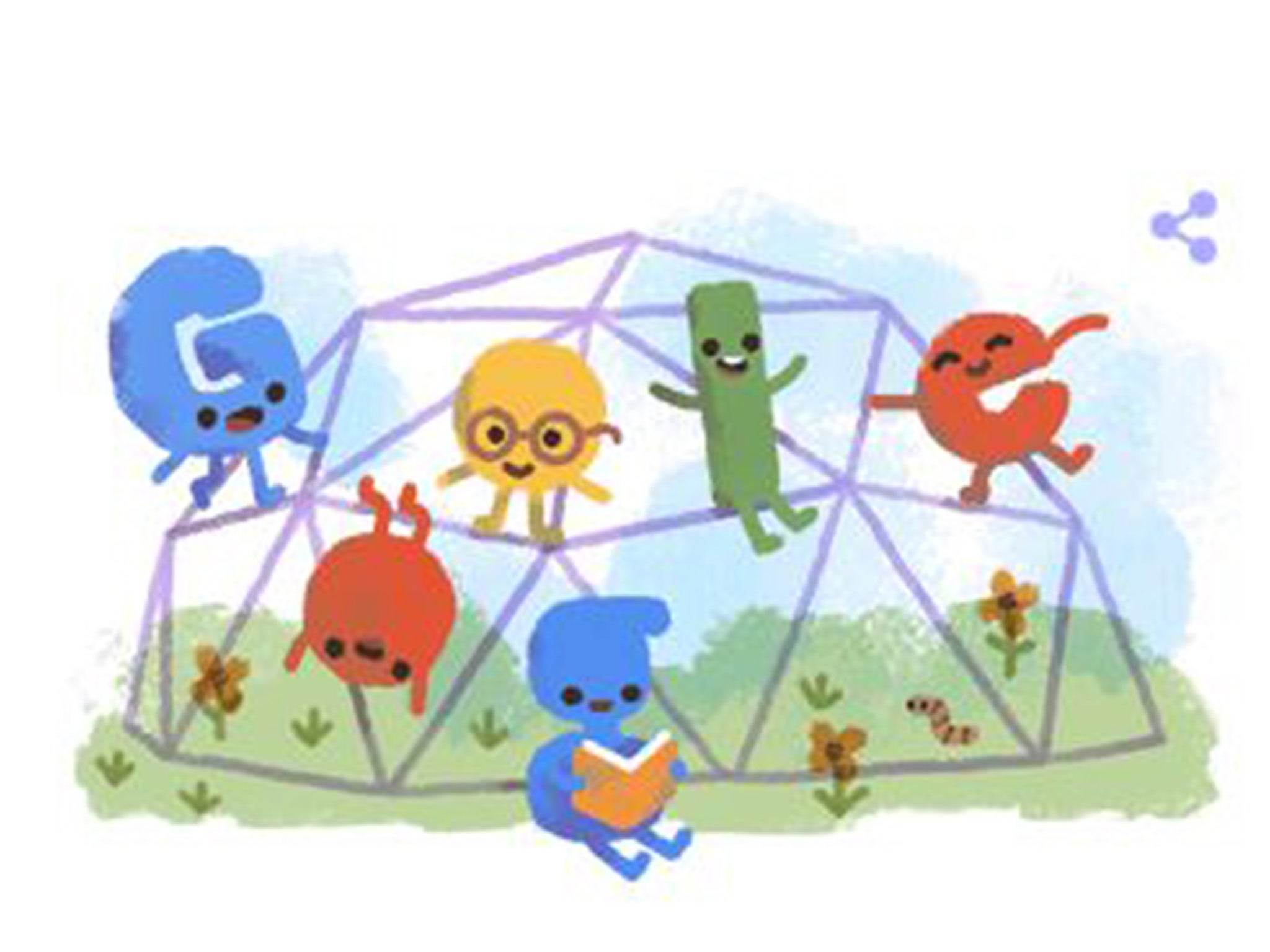Children’s Day 2019: Five things you need to know about this celebration of kids' rights
Google Doodle marks day of 'worldwide fraternity and understanding between children' established by UN

Your support helps us to tell the story
From reproductive rights to climate change to Big Tech, The Independent is on the ground when the story is developing. Whether it's investigating the financials of Elon Musk's pro-Trump PAC or producing our latest documentary, 'The A Word', which shines a light on the American women fighting for reproductive rights, we know how important it is to parse out the facts from the messaging.
At such a critical moment in US history, we need reporters on the ground. Your donation allows us to keep sending journalists to speak to both sides of the story.
The Independent is trusted by Americans across the entire political spectrum. And unlike many other quality news outlets, we choose not to lock Americans out of our reporting and analysis with paywalls. We believe quality journalism should be available to everyone, paid for by those who can afford it.
Your support makes all the difference.In honour of National Children’s Day 2019, Google is celebrating the importance of a healthy childhood and protecting the rights of children with a Google Doodle.
Children’s Day falls on 12 May in the UK – rather than 20 November, when it is marked by the UN – to encourage children to spend time outside exploring nature at the start of summer.
Here are five things you should know about Children’s Day, first started 65 years ago.
1. The original Children’s Day was founded by the UN to protect the rights of children
Children’s Day was established by the UN General Assembly in 1954 as a day of “worldwide fraternity and understanding between children”.
The UN chose 20 November as it is the date in 1959 when the Assembly adopted the Declaration of the Rights of the Child.
The Declaration is important because it set in stone a key universal value, stating unequivocally that “mankind owes to the child the best it has to give”.
But the Assembly suggested to governments that the day be observed on a date and in whatever way each considered appropriate.
China, Czech Republic, Portugal and other countries mark the occasion on 1 June.
2. Every Children’s Day has a different theme
Each Children’s Day is assigned a different theme by Unicef and 2018’s was #GoBlue. It called on world leaders to commit to fulfilling the rights of every child and acknowledge that these rights are non-negotiable.
The theme for 2017 was #KidsTakeOver, with Unicef inviting children across the world to take over “grown-up roles” such as in the media and politics to voice support for children in need. A theme has not yet been chosen for this year’s Children’s Day.
3. Some countries celebrate Children’s Day as a national holiday
In Japan, Children’s Day is observed on 5 May to celebrate the happiness of all children. Originally called Tango no sekku, one of the five annual ceremonies held at the imperial court, it was designated as a national holiday by the government in 1948.
Children's Day was also declared a national holiday by the Republic of Turkey in 1920 and is observed on 23 April.
4. This year’s National Children’s Day focusses on the importance of a healthy childhood
The UK’s National Children's Day is focussing on tacking childhood obesity and the physical and mental health problems that accompany it, in 2019.
In particular, the day will highlight the importance of cutting down children’s sugar consumption. By the time the average child in a developed country turns eight years old, they have consumed more sugar than the average person did in their entire lifetime a century ago.
5. National Children’s Day is held early in the UK to give children the chance to play outside
While many other countries celebrate the day on the UN-nominated day in November, Children’s Day is celebrated at the start of summer in the UK to encourage kids to explore nature.
According to the National Trust, children today spend half the time their parents did playing outside. While most parents spent an average of eight hours outside a week in their youth, today’s children spend just over four hours.
Join our commenting forum
Join thought-provoking conversations, follow other Independent readers and see their replies
Comments